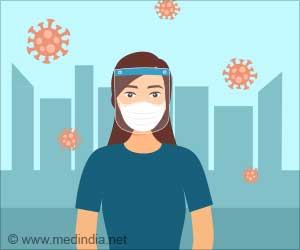In the joint study between the Osaka City University and Okayama University, researchers used C. elegans to investigate the biological effects of several strains of C. acnes isolated from human skin.
Results showed that bacteria strains detected in the skin of individuals suffering from acne, did not shorten the lifespan of the nematode strains that are often found in the skin of people without acne,/b>.
The team further clarified this finding by investigating the effect of healthy skin-associated strains of C. acnes on the nematode’s susceptibility to S. aureus. Results showed the survival period of nematodes infected with the pathogen to be longer than the control group.
Also, RNA sequencing analysis of changes in the gene expression revealed that certain strains of C. acnes behind healthy skin activated a group of genes related to innate immunity and biological defense response that suppress the growth of skin pathogen bacteria.
By focusing on genetic expression related to the absence of acne, this study revealed there are beneficial aspects of acne bacteria, which have had a generally negative image.
The fact by detecting the effects of skin indigenous bacteria using C. elegans illustrates the usefulness of this nematode as an alternative model in the field of epidemiology.
Researchers are also excited at the expectation that this study may lead to the application of healthy skin-related strains of C. acnes as a “non-drinking probiotic”.
Source: Medindia



